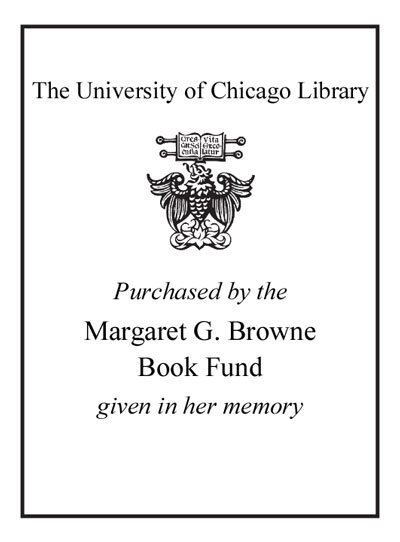Review by Publisher's Weekly Review
This hilarious and winning send-up to an author's star-struck youth in Paris takes the form of a purported lecture, yet reads more like a memoir in the capable hands of Spanish novelist Vila-Matas. The playfully ironic narrator, born in Barcelona in1948, comes of age during the mid-1970s, when he lived for two years in Paris trying to write his first novel and imitated the impoverished, supposedly happy, time of his idol, Ernest Hemingway (it's from Hemingway's memoir, A Movable Feast, that the author takes his title). Yet the narrator at that time of his youth was poor and unhappy. He rents a garret from legendary French novelist Marguerite Duras, who takes pity on the novice writer, offering bewildering and opaque advice. The narrator nabs invitations to exclusive parties where he meets Isabel Adjani before she is famous, frequents famous has-been cafes like Cafe Flore, and generally believes that "living in despair was very elegant." Except that it wasn't. It did, however, give rise to a lifelong pursuit of irony, which he achieves beautifully by poking gentle fun at the young man he was, quoting Hemingway copiously, and essentially depicting the quivering aims of a fledgling writer. (May) © Copyright PWxyz, LLC. All rights reserved.
Review by Library Journal Review
Taking its title from a section of Hemingway's A Moveable Feast, about which the narrator is obsessed, prize-winning Spanish author Vila-Matas re-creates the two bohemian years in the mid-1970s he spent in a garret in Marguerite Duras's Paris residence struggling to write his first (in reality, his second) novel, the theme of which-the death of everyone who reads it-ironically instigates the ultimate in reader participation. Though it purports to be the text of a lecture he is delivering to us, the book defies classification-is it fiction (if hardly a novel), essay, memoir? Each of the 113 episodes, varying in length from one sentence to several pages, adds to the diary-like structure wherein the author plays literary hopscotch, vertiginously jumping from one allusion to another. That the author quotes without attribution and creates geographic references that do (and did) not actually exist only complicate matters. VERDICT This book, the third of recent translations of Vila-Matas's books into English (after Bartleby & Co. and Montano's Malady), is a brilliant literary tour de force. Though the profusion of allusions may put off the casual reader, the book's abundant display of literary techniques makes this as an artistic adventure that, like Paris, never ends.-Lawrence Olszewski, OCLC Lib., Dublin, OH (c) Copyright 2011. Library Journals LLC, a wholly owned subsidiary of Media Source, Inc. No redistribution permitted.
(c) Copyright Library Journals LLC, a wholly owned subsidiary of Media Source, Inc. No redistribution permitted.
Review by Publisher's Weekly Review
Review by Library Journal Review

